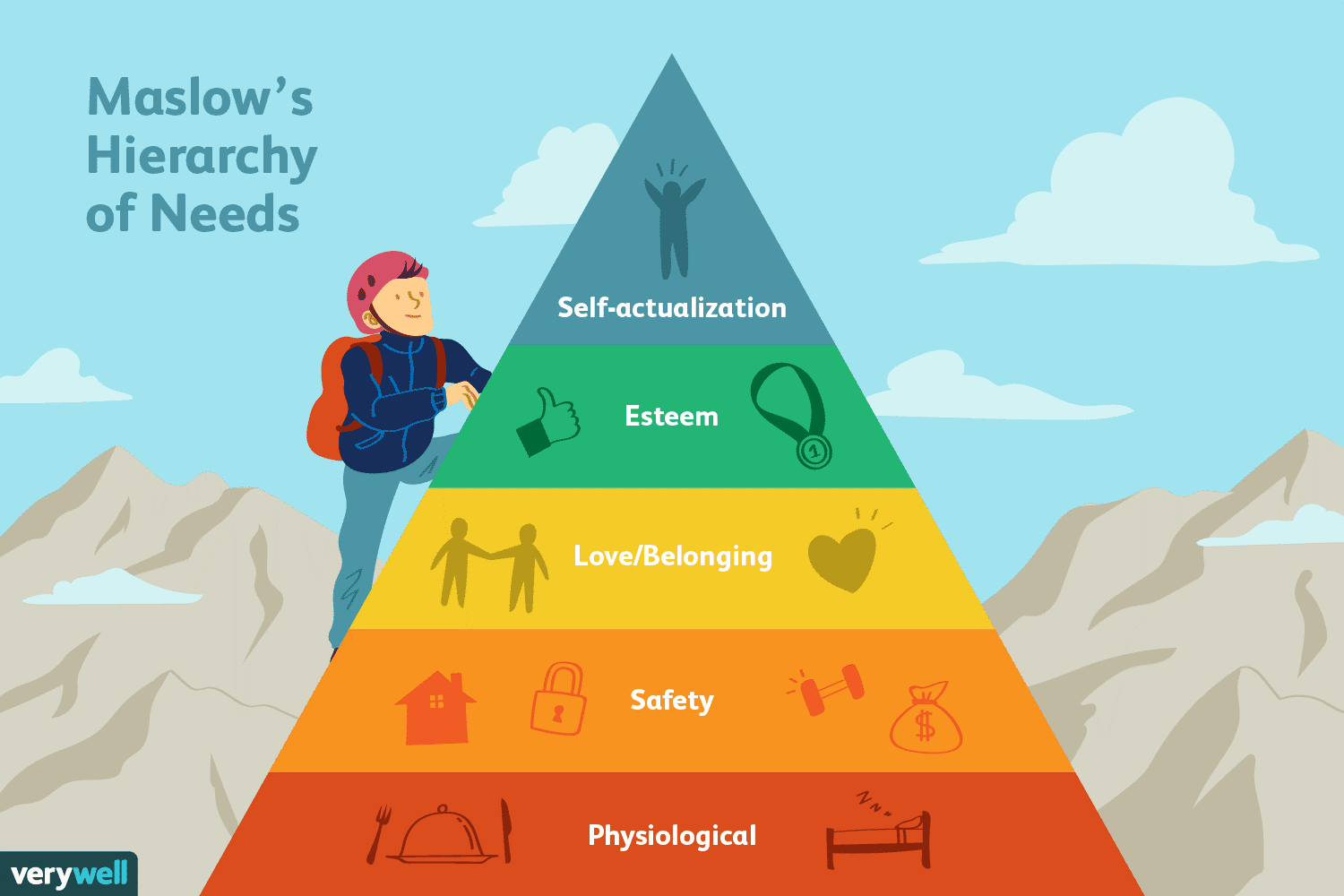Real Mission: Safety Net

There was a time in my life when the word CAUTION was not a familiar friend. I thrived on adventure, took big risks, and found myself in uncertain situations on more than one occasion. My lack of pragmatism was a gift and a challenge.
On one such occasion I found myself hiking a sacred mountain named Mugao in a small rural village with no supplies, no plan, and no lack of confidence.
Well, long story short, a fellow traveler and I fell from that sacred mountain, and I unintentionally served as her sled down the rocky terrain. About 20 yards down, my shoulder hit a tree and we were saved from a steep drop that could have ended both of our lives. We were bruised and bloody and upon our abrupt halt looked at one another with shock and concern. How many bones were broken? How did that happen so fast? Who will help us?
This experience taught me that those questions would be easily answered in my life. It didn’t matter if we had no supplies, no plan, and no concern for caution. I carried something with me up that mountain that not all people possess: a safety net.
When I and my friend fell from that sacred mount, the questions in our eyes were quickly answered by the assurance of our great privilege. We were alive, and we had the means to travel to a larger hospital in the city if the local clinic couldn’t dress our wounds. We had time to heal, and family and friends to care for us and check in on us as we recovered.
Falling from that mountain was not a pleasant experience, but it was a great learning opportunity in mission; for in the work of mission we asked first to be honest about what we bring to the table of justice, peace, and love, and what we don’t. I wonder often what it is that we have to share, and I wonder what it is that we are hungry for?
American psychologist, Abraham Harold Maslow wrote about a mountain like this, commonly referred to as the hierarchy of needs.
 From my birth, the first three tiers were a given. Never as a child, did I go to bed on an empty stomach, never experienced homelessness, never had to trek for miles just for a cup of water. I had educated parents with good jobs and good health, my very own bedroom, and a blue bike that I rode all around town with my neighborhood friends. I had a loving family and a wonderful church community, which made finding a high-level of self-esteem not only possible, but almost inevitable. I had reached the pinnacle of my needs fulfilled probably before my 16th birthday. Self-actualization was surely within my reach.
From my birth, the first three tiers were a given. Never as a child, did I go to bed on an empty stomach, never experienced homelessness, never had to trek for miles just for a cup of water. I had educated parents with good jobs and good health, my very own bedroom, and a blue bike that I rode all around town with my neighborhood friends. I had a loving family and a wonderful church community, which made finding a high-level of self-esteem not only possible, but almost inevitable. I had reached the pinnacle of my needs fulfilled probably before my 16th birthday. Self-actualization was surely within my reach.
In my experience, being at the top of a mountain is an exhilarating and lonely place to be. It brings clarity and perspective that you just can’t get from down below, but once you’re up there, on top of the mountain, you can never un-see what is holding you up.
On several occasions, our Savior Jesus went up the mountain, and from the mount he taught us how to pray and revealed to us what true blessedness really looks like.
I wonder what Christ’s model of need would look like? Would it be a plateau of the middle tier: our true love for and belonging to one another? Can all people live in that thin space together, the space between the dirt and the sky? The space between safety and physiological needs and esteem and self-actualization? Is there a place where all people are brought together, and all their needs are met; or is heaven a sharp pinnacle where only a few people can fit?
Jesus went up the mountain and took it all in, but then he came down to earth and taught us how to love one another in such a way that all are fed, all are free, all are housed, all are clothed, all have safe water to drink and clean air to breathe. All are loved, and all belong.
I still have a scar on my leg from where they dislodged the stone from my shin the day I fell from that sacred mountain; but it is a good reminder that I am alive, I have a lot to be thankful for, and I’m hungry for more. Mission is not an act; it’s a way of life. Let’s take a hike together.